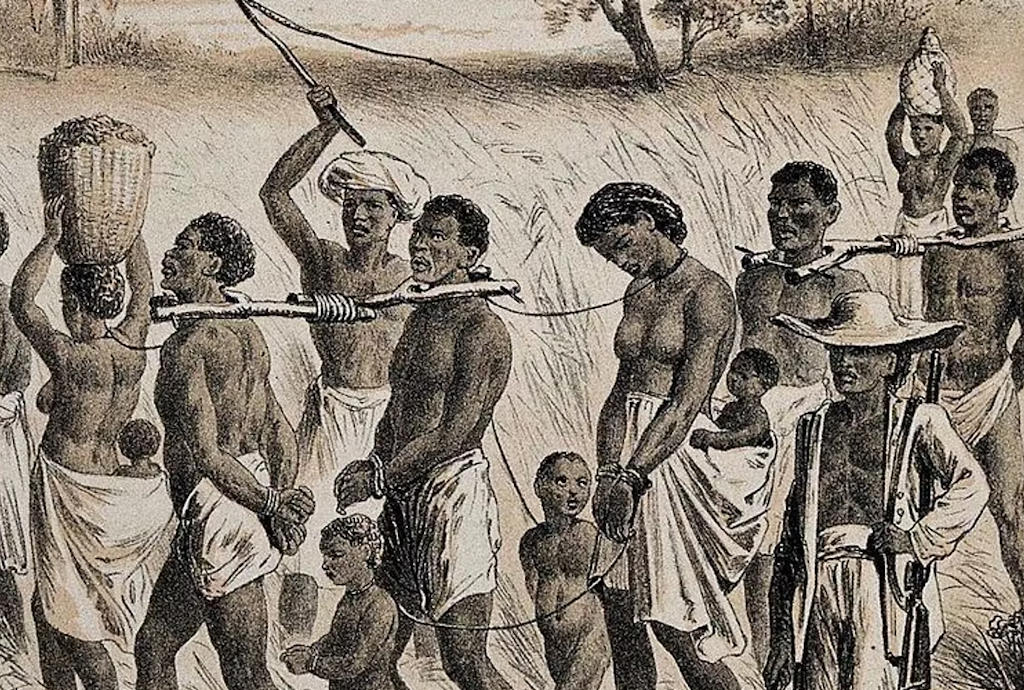The movement to abolish slavery in Portugal gained momentum in the 19th century, fueled by the ideals of liberty, human rights, and the increasing global condemnation of the slave trade. Activists and intellectuals, both in Lisbon and across the country, played a crucial role in raising awareness about the inhumanity of slavery and advocating for its eradication.
Finally, on February 25, 1869, the Portuguese government passed a law officially abolishing slavery in Portugal and its colonies, including territories in Africa, Asia, and the Americas. This historic legislation declared that all individuals, regardless of their race or origin, were free and equal under the law. The abolition of slavery in Lisbon and throughout the Portuguese empire marked a significant milestone in the fight for human dignity and justice.
Lisbon.vip Recommends
In the aftermath of emancipation, Lisbon witnessed the emergence of vibrant Afro-Portuguese communities, contributing to the cultural richness and diversity of the city. These communities brought with them their unique traditions, music, art, and cuisine, enriching the fabric of Lisbon's identity and fostering a spirit of multiculturalism.
While the abolition of slavery in 1869 marked a significant milestone in Lisbon's history, it is important to recognize that the struggle for true equality and the eradication of racism persisted long after. Over the years, the city has continued to confront and address the legacies of slavery, working towards a more inclusive and just society.
Today, Lisbon stands as a symbol of the triumph over oppression and a testament to the resilience of human spirit. The abolition of slavery in 1869 remains a poignant reminder of the power of collective action, as well as a call to ongoing efforts to fight against all forms of discrimination and ensure that the principles of freedom and equality are upheld for all.



